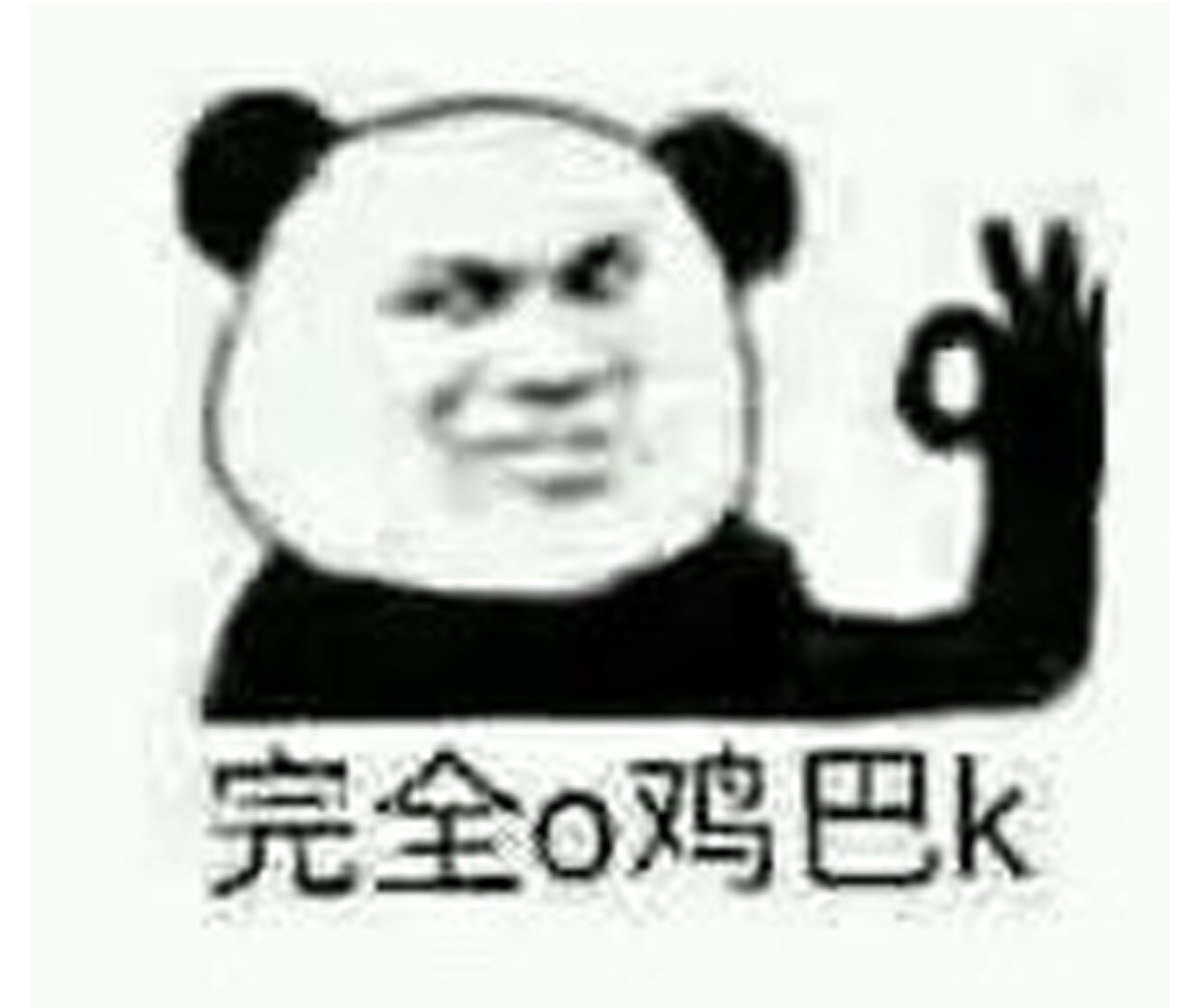Justin Bieber OK infix
« previous post | next post »
What's going on here? How did Justin Bieber become an infix (more precisely tmesis) inserted between the "O" and the "K" of "OK"?
I'll explain that momentarily. First I'll just translate the sentence without the infix:
Fánshì dōu OK jiù duìle 凡事都OK就对了
("It's correct that everything is all right".)
With the Justin Bieber infix, the first and most important part — fánshì dōu OJBK 凡事都OJBK — where "JB" = "Justin Bieber", means "everything is Of*ck*ngK".
In this case "Justin Bieber" = "JB". Now the big mystery. Other than "Justin Bieber", what does "JB" stand for? Answer:
jībā 鸡巴
("cock; dick; prick")
This word is made up of two morphemes: jī 鸡 ("chicken", or let's just say "cock") + bā 巴 (noun suffix, as in such common words for body parts as wěibā 尾巴 ("tail") and zuǐbā 嘴巴 ("mouth"). Everybody knows that jībā 鸡巴 ("cock; dick; prick") is a dirty word, but they still like to use it, so they superficially sanitize it by writing it as Jǐbǎ 几把 (lit., "how many handle-shaped things?", but it's the sound that is important), JiBa, jiba, JB, jb, etc. Justin Bieber's initials are "JB", so that's how he fits in. Chinese netizens have a lot of fun with poor Justin.
Jībā 鸡巴 ("cock; dick; prick") is not a new expression in Mandarin. It was already used in Yuan period (1271-1368) drama, in Ming period (1368–1644) folk ballads, and in famous Qing period (1644-1912) vernacular novels like Dream of the Red Chamber / Story of the Stone.
Wiktionary sources here and here.
The earliest forms of the sinographs for this term had the máo 毛 ("hair; fur") semantophore, and their phonophores were respectively 几 and 巴. I can't get them to appear in this post, but their Unicode numbers are U-23B20 and U-23B36.
The expression "OJBK" is very widespread in China. One of my correspondents explains it thus:
People say it when they don’t really think something is ok, but have to say ok nonetheless. Personally I never say this phrase. However I don’t think it really is a bad word.
It’s more like “fine, whatever”. Many people even use it just as “ok” now. Moreover, because of the popular usage of image macros (biǎoqíng bāo 表情包), there are many exceedingly clever versions for the phrase "ojbk". Below are two for reference, but there are countless others. When people chat online, many even use this kind of image macro just to say “ok”.
So Justin Bieber is not only a favorite OK infix of today's netizens, he is also an essential part of one big image macro.
Cf. "Serious earworm infection" (7/16/17) and "CCP approved image macros" (12/17/17).
[Thanks to Jichang Lulu, Jinyi Cai, and Zeyao Wu]



David Moser said,
February 13, 2018 @ 11:38 pm
Wow. This is one of the most complex and multi-layered Internet memes I've ever seen. Infixes, homonyms, euphemisms, abbreviations, digraphia… Makes my head swim. Bravo to Victor for being able to explain the convoluted semiotics and linguistics of it in one short page. (And by the way, having hated Justin Bieber for years, I'm happy to see him ridiculed in this way.)
Jonathan Smith said,
February 14, 2018 @ 12:16 am
And it's Bieber's head stuck over a popular 佛系青年 meme
http://supchina.com/2017/12/13/peoples-daily-buddhist-youths-stop-being-so-chill-about-everything/
https://baike.baidu.com/item/%E4%BD%9B%E7%B3%BB%E9%9D%92%E5%B9%B4
David Marjanović said,
February 14, 2018 @ 7:05 am
Good to see Bieber is actually good for something – indeed something delightful.
dainichi said,
February 14, 2018 @ 8:38 am
Just curious, how is tmesis more precise than infix?
Jichang Lulu said,
February 14, 2018 @ 9:07 am
Other tmetic variations using minced versions of 鸡巴 jība: OJ8K; and O98K, referring to a carabine.
cameron said,
February 14, 2018 @ 1:30 pm
So, "OJBK" would roughly translate to "O-fucking-K". I don't think I've ever heard anyone say that in English, but it's certainly a plausible utterance. If I ever did hear it, it might not even have registered as noteworthy enough to remember.
David Marjanović said,
February 14, 2018 @ 5:58 pm
It just occurred to me that 鸡巴 could be part of what 7878 really means.
Shihchuan said,
February 16, 2018 @ 6:01 pm
Huh. And here I thought that 雞巴 comes from Taiwanese…Guess one learns something new every day.
In Taiwanese there is a similar word 膣屄 (tsi-bai, originally meaning the female genital organs), often written as 雞掰 (jī-bāi) by Mandarin-users in Taiwan, and it's used as a slang for "bitchy, annoying, maddening, pain in the ass": euphemistic versions include 機歪 (jī-wāi), 雞排 (jī-pái, "fried chicken chop"), or 機車 (jī-chē, "motorscooter"). 雞巴 has come to mean the same thing. I have also heard of it used as an intensifier like "f**king".
How does one call it when the meaning of two words gets conflated because of their similarity in morphology or sound?